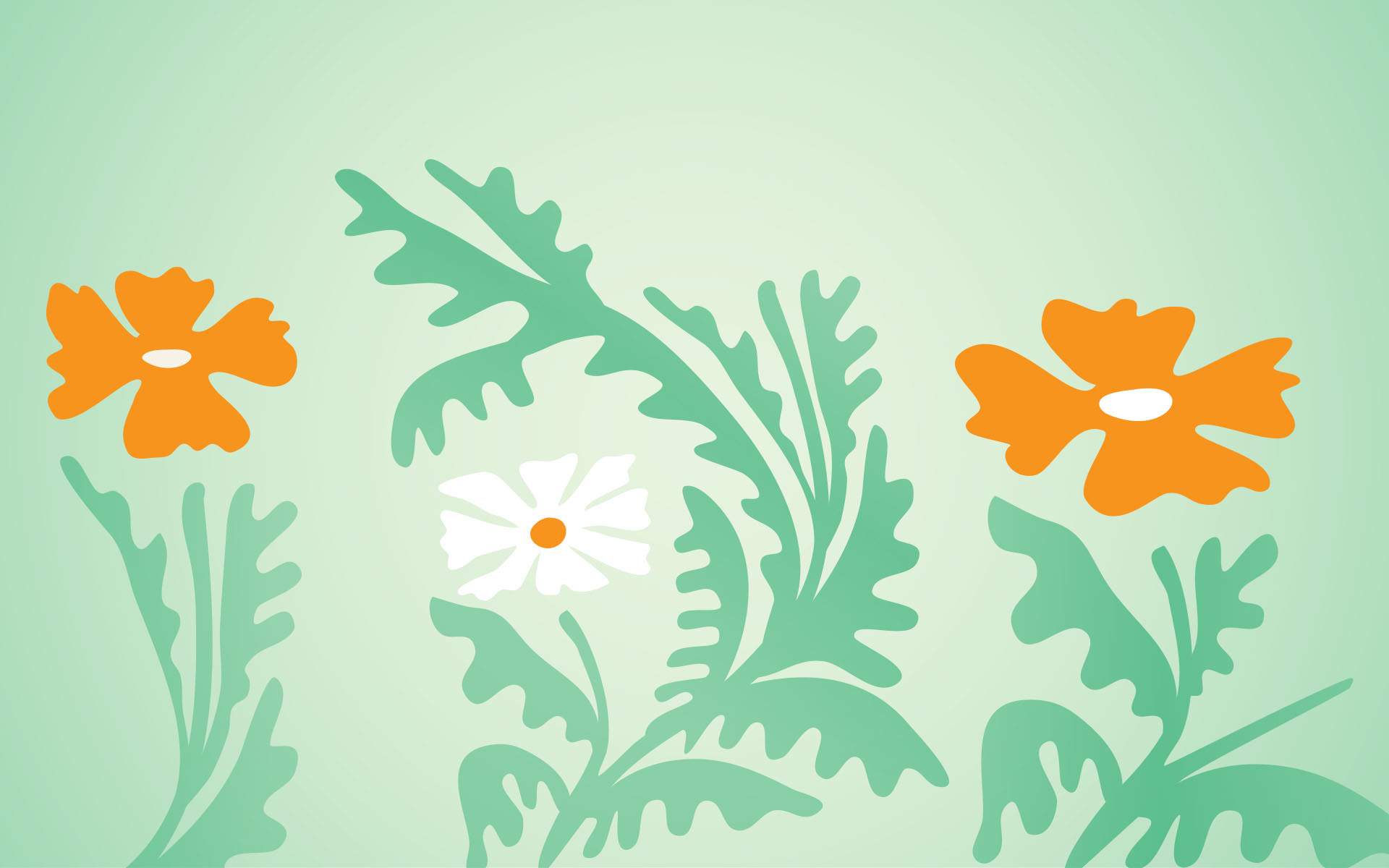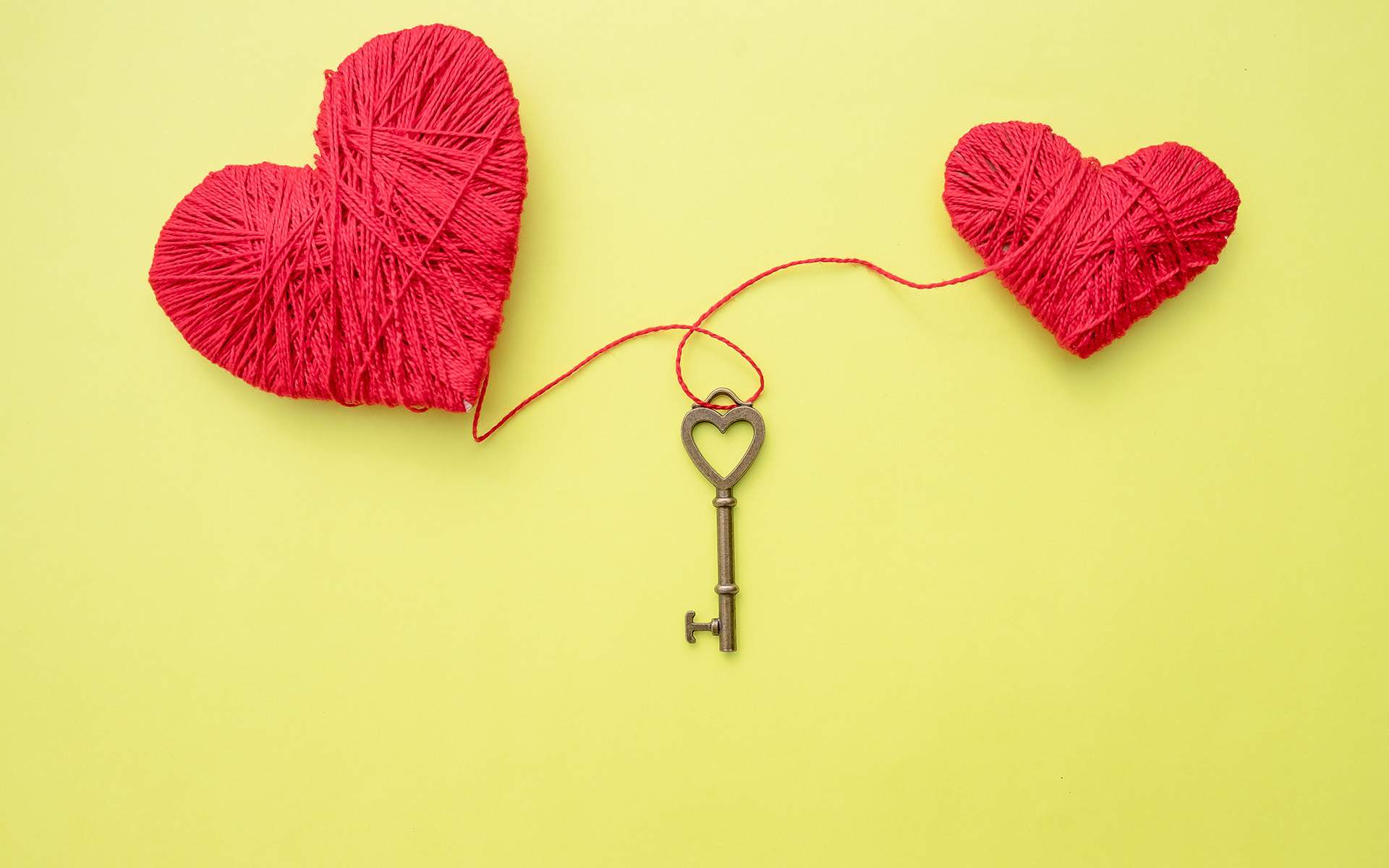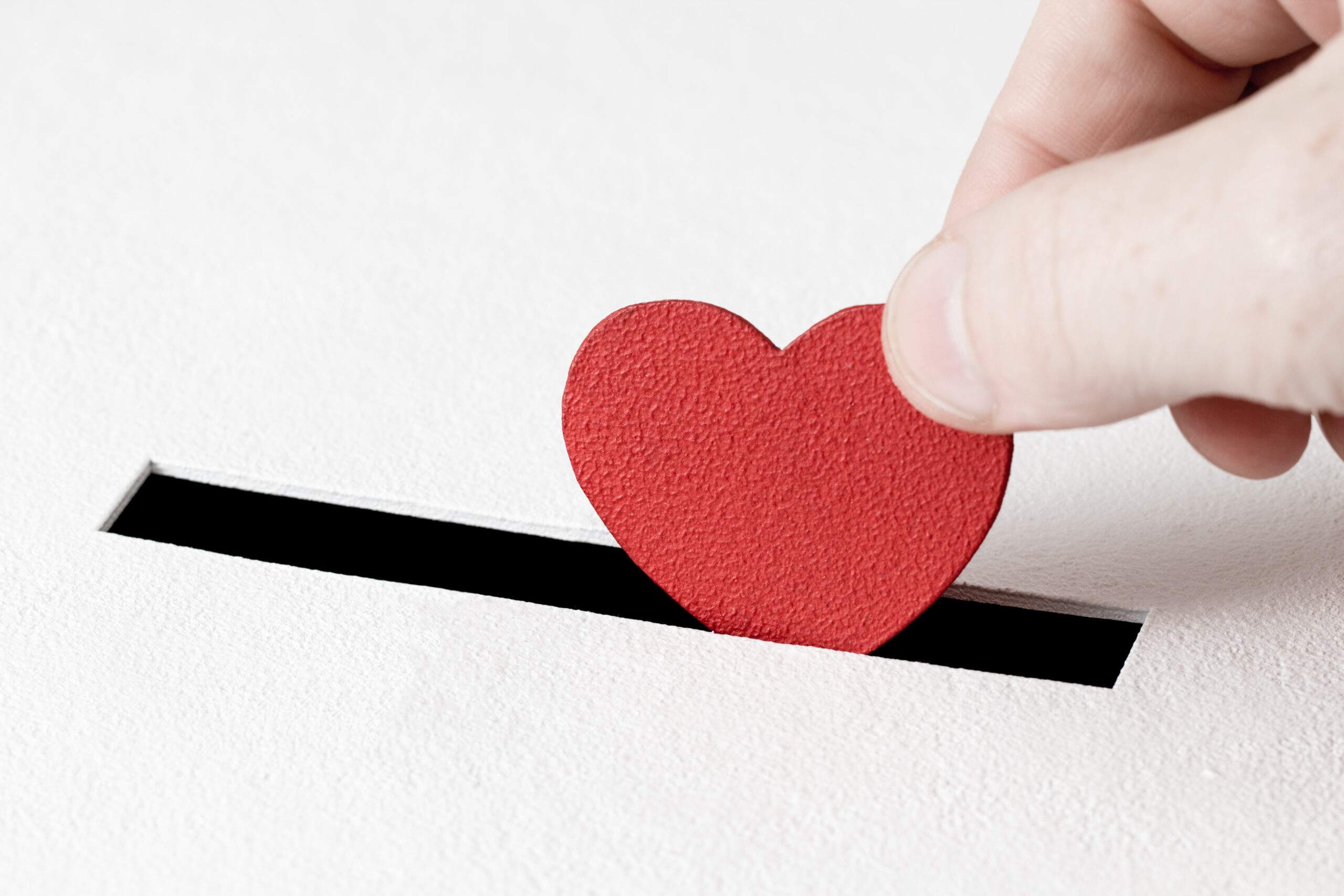Stephanie Domet: You talk a lot about self-acceptance in Lighter: Let Go of the Past, Connect with the Present, and Expand the Future. Why is it such a powerful force?
Yung Pueblo: If you really want to open the door to wisdom or open the door to peace, it all begins with acceptance. And I find that in my daily life, or even when I’m meditating, things get rough when I’m not accepting. Just accepting what is can help you flow with life a lot better than getting tossed around. But acceptance doesn’t mean that you’re going to lay back and let whatever happen to you— you’re just accepting what’s actually happening in the moment. And then through that acceptance, you get a lot higher quality of information so that you can then act, and act skillfully, so that you can maneuver the situation in a good way.
And it’s tough because the habit pattern of attachment is so thick and we want to control things. But the great lesson of being alive is that you have to learn how to go with the flow and accept what’s happening for you to even, like, have a chance at happiness.
SD: Can you take me back to a time that you personally felt lighter? What do you remember?
YP: After I meditate, and that’s what I wanted to highlight and what I like about the title Lighter—you know,
like I’m not enlightened or anything like that, but I feel lighter and this is good, I feel like I’m moving in the right direction. And I think that’s something that all human beings can share. The potential of enlightenment is inside of every single human being. But it’s hard, right? I’ve met some people who are incredible, who are incredibly wise, but to get there, it takes a lot of work. But what we can do is get ourselves to a place where we feel lighter than before because we’re carrying so much heavy stuff.
SD: Last time we talked, you told me you’re not a meditation teacher. You stand by that?
YP: Yeah, I do stand by that. I really enjoy being a student. One thing I noticed when I would have events, even though I would position myself as a writer, too quickly when it’s one person on a stage and 300 people watching, the dynamics become a little strange. I’m grateful to the people who get a lot from my work and the symbiotic relationship that we have with each other—I’m supporting them and they’re supporting me. I think it’s quite beautiful, but I don’t think it’s good when people sort of put me on a pedestal, like, I’m not better than you dude.
I’m struggling with all the same stuff that you’re struggling with. I feel sadness. You feel sadness. I have mental tension, you feel mental tension. And I’d much rather put myself in positions where we’re existing in a circle and we’re in the same place as opposed to someone on stage and someone watching. I don’t think I’m special like that.
SD: So what do you learn from your audience?
YP: I get so inspired. I get messages from people all the time who have been really impacted by the books that I’ve written. And I’m grateful, because part of the challenge I give to myself is may I write something that’s useful, not even something that’s artistically beautiful, but useful. And hearing about people overcoming divorce or the loss of a family member or friend and they find some solace in the books that I’ve written—I can’t really ask for more.
SD: Why is that service orientation so important to you?
YP: Oh, service is everything. You’re not going to move forward on the path of liberation without being deeply ingrained in service. It helps develop that quality of selflessness and that quality of loving-kindness. Living compassion and trying to help people when you can—especially if you’ve been really fortunate in life—it’s a duty.
READ MORE
What it Means to “Let Go” (and Why It’s an Essential Part of Healing)
When we’re focused on who we’ve been and the decisions we’ve made in the past, we often lose track of our authentic selves in the present. The process of letting go of the past and embracing change allows us to engage fully with our own healing. Read More
5 Things You Should Know About Letting Go of the Past
How letting go helps us reclaim our power and release old hurt and fear. Read More
A 12-Minute Meditation to Befriend Vulnerability
Learning to tune in to our own vulnerability is an act of courage that allows us to form deeper, more genuine relationships. Read More
Giving and Receiving with an Open Heart
When we open our hearts and minds to those around us, we can explore ways to express compassion. Read More










